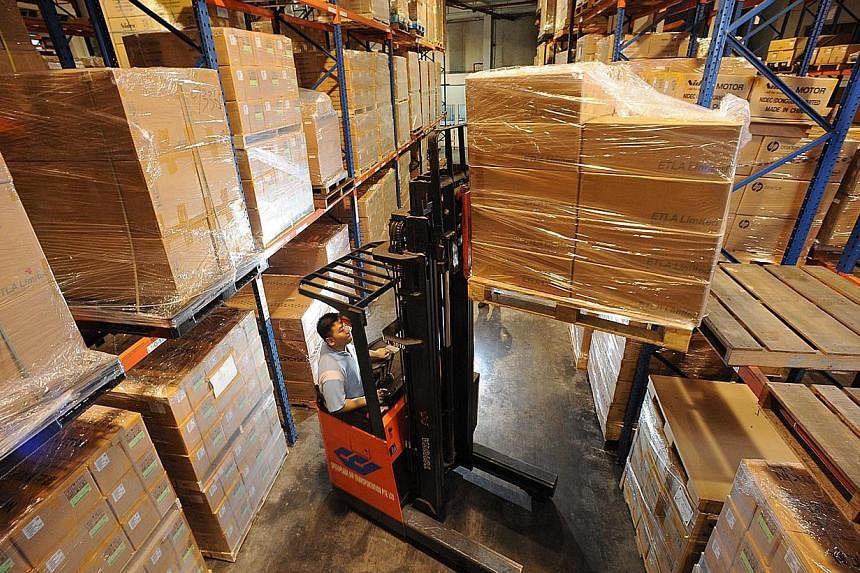SINGAPORE - The business community has thrown up a number of suggestions for the upcoming Budget, which will be presented in Parliament on Feb 23.
Here are three interesting ideas which have been floated so far.
1. Establishing a single SME authority
The largest business association in Singapore has renewed calls for a single agency overseeing small and medium-sized enterprises (SMEs).
The idea of a single government agency for SMEs has been mooted before but is now more pertinent, given growing opportunities and emerging competition in the region, said the Singapore Business Federation's (SBF) SME Committee in its Budget recommendations.
The Government now administers SME development schemes across different agencies - including Spring Singapore, IE Singapore and A*Star - but a more "coordinated" strategy is needed.
While the Government's economic strategy has traditionally focused on drawing multinational firms to Singapore, it is now timely to make local enterprise development a top priority, said SBF chief executive Ho Meng Kit.
2. Making the PIC scheme permanent
Auditing firm KPMG has suggested that the popular Productivity and Innovation Credit (PIC) scheme should become a permanent fixture.
However, the scheme needs to be made more targeted in order to be effective, it suggests.
The PIC scheme was introduced in 2010 and offers tax deductions or cash payouts to companies that invest in areas such as staff training, information technology or automation equipment to boost their productivity.
It was enhanced and extended for another three years in last year's Budget, as part of the Government's raft of economic restructuring measures.
Productivity is still languishing, however, even as businesses keep grappling with the tight labour market and escalating costs.
The PIC is "relevant to businesses, and not just for the next five to 10 years," said KPMG in Singapore's head of tax Tay Hong Beng.
For the scheme to be sustainable, however, it should shift away from its broad-based, one-size- fits-all approach. Instead, it should be made more flexible and calibrated to different stages of a company's development, he said.
Companies should receive support in boosting productivity during their first three years on the programme.
Firms can then graduate on to the next stage of the scheme, which will last five years and provide help for innovation-driven activities and internationalisation.
3. Extending the progressive wage model to more sectors
The progressive wage model that has been announced for cleaners and security guards should be gradually extended to other jobs too, panellists at The Business Times' Pre-Budget Roundtable said.
Members of the panel also said businesses might accept such a measure in exchange for lower foreign worker levies.
The progressive wage model will take effect in the security industry from September 2016. The move will set the minimum monthly basic pay for security guards at $1,100, up from $800. As workers gain skills, their salaries should rise.
A similar compulsory wage ladder for cleaners kicked in last September. To be licensed, cleaning firms must pay cleaners a basic wage of at least $1,000 a month.
Apart from those in the cleaning sector and security industry, the Government has also targeted workers in the landscape sector for pay hikes as part of a broad push to raise the income of low-wage workers.


